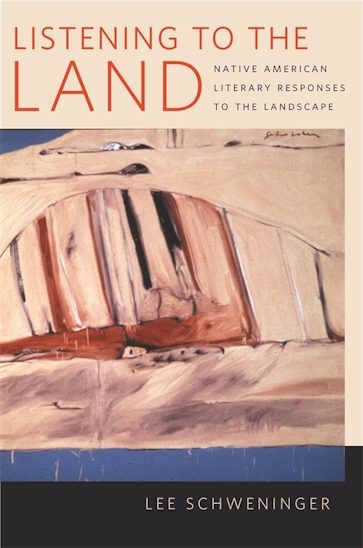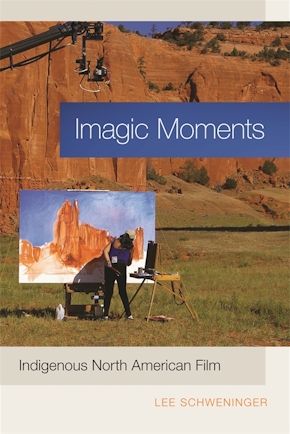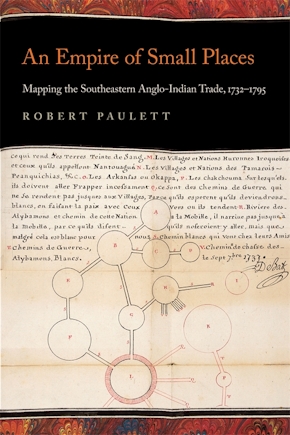Listening to the Land
Native American Literary Responses to the Landscape
Title Details
Pages: 256
Trim size: 6.000in x 9.000in
Formats
Paperback
Pub Date: 07/15/2008
ISBN: 9-780-8203-3059-4
List Price: $27.95
Related Subjects
Listening to the Land
Native American Literary Responses to the Landscape
Skip to
- Description
- Reviews
For better or worse, representations abound of Native Americans as a people with an innate and special connection to the earth. This study looks at the challenges faced by Native American writers who confront stereotypical representations as they assert their own ethical relationship with the earth. Lee Schweninger considers a range of genres (memoirs, novels, stories, essays) by Native writers from various parts of the United States. Contextualizing these works within the origins, evolution, and perpetuation of the “green” labels imposed on American Indians, Schweninger shows how writers often find themselves denying some land ethic stereotypes while seeming to embrace others.
Taken together, the time periods covered in Listening to the Land span more than a hundred years, from Luther Standing Bear’s description of his late-nineteenth-century life on the prairie to Linda Hogan’s account of a 1999 Makah hunt of a gray whale. Two-thirds of the writers Schweninger considers, however, are well-known voices from the second half of the twentieth century, including N. Scott Momaday, Louise Erdrich, Vine Deloria Jr., Gerald Vizenor, and Louis Owens.
Few ecocritical studies have focused on indigenous environmental attitudes, in comparison to related work done by historians and anthropologists. Listening to the Land will narrow this gap in the scholarship; moreover, it will add individual Native American perspectives to an understanding of what, to these writers, is a genuine Native American philosophy regarding the land.
This is the best book on the land ethic of Native American writers. Schweninger incisively describes the complexities of the concepts of Native Americans' relationship to the land as depicted by both Natives and non-Natives. His perceptive analyses illuminate the works of Vine Deloria Jr.; Louise Erdrich; Linda Hogan; John Joseph Mathews; Louis Owens; N. Scott Momaday; and Gerald Vizenor.
—LaVonne Ruoff, University of Illinois, Chicago
A thrilling exploration of Native American literary culture and tradition . . . written in a tight, smooth, flowing narrative.
—Metro Spirit
Listening to the Land should be read by anyone desiring a deeper understanding of Native peoples' relationship to place and the natural world. It argues that the environmental Indian stereotype is an inaccurate, oversimplified image that prevents real learning and real action.
—MELUS



